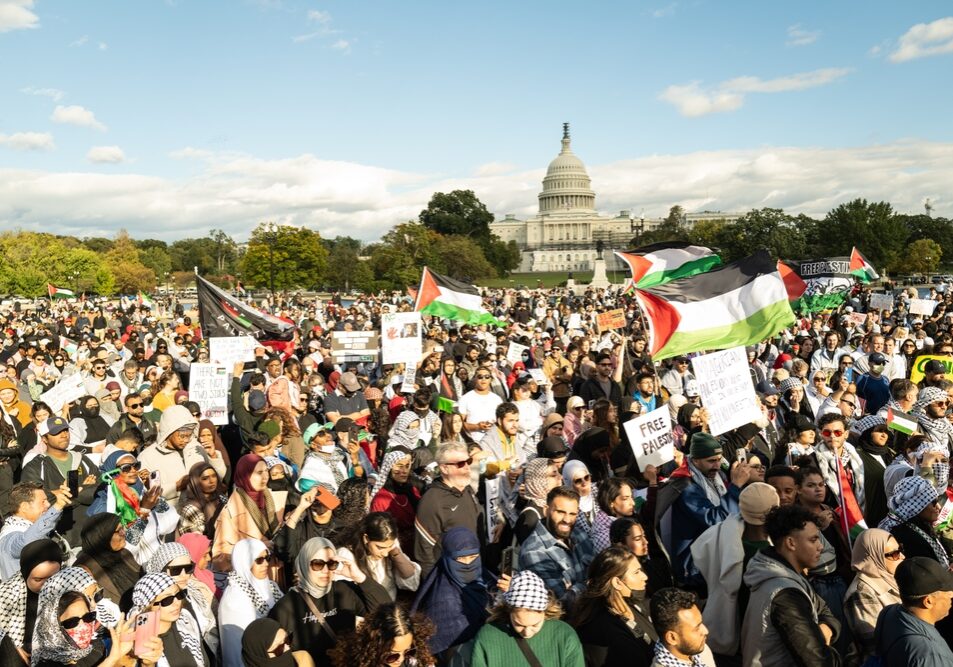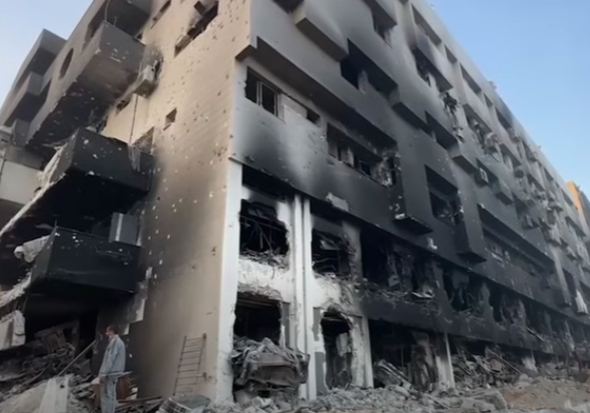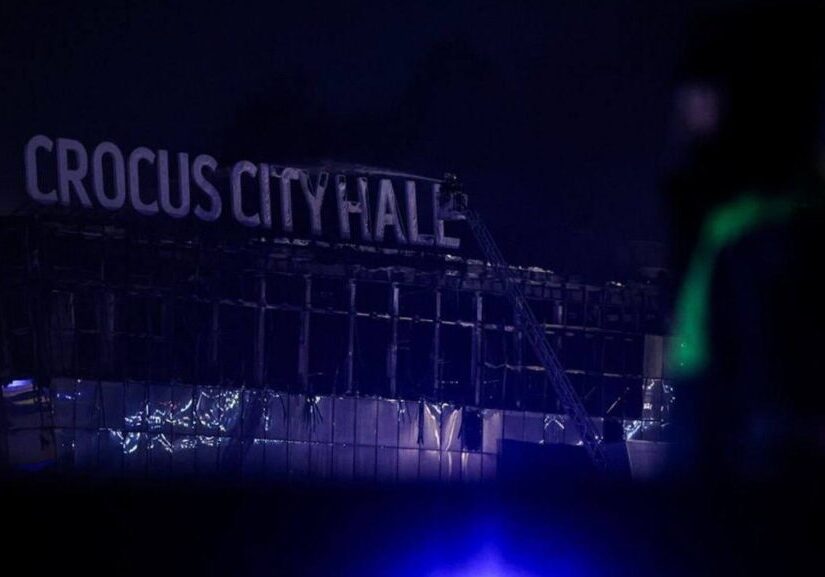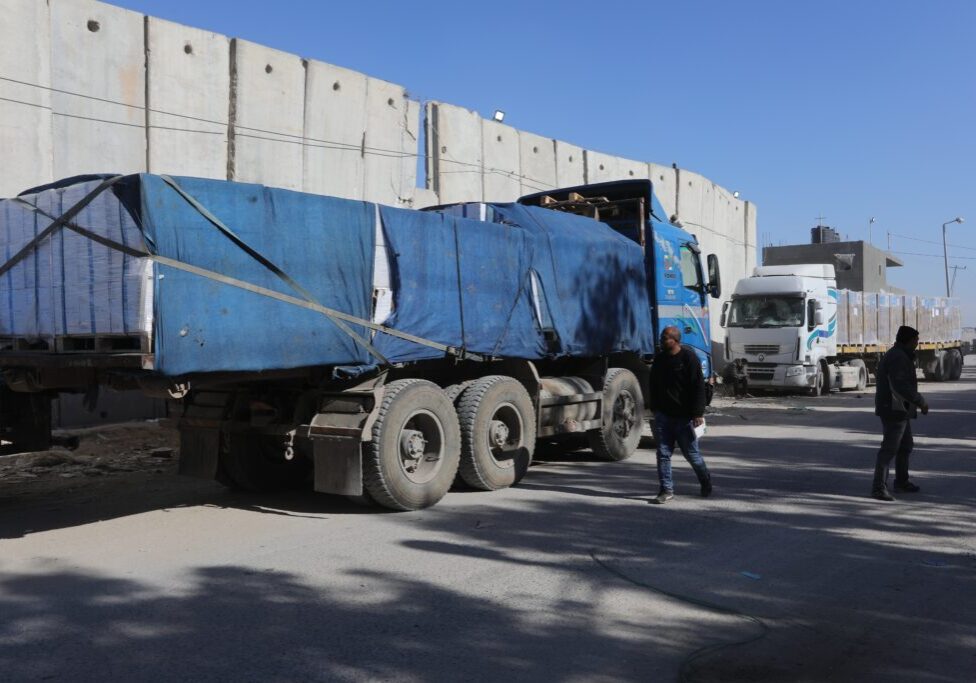FRESH AIR
Follow the money: Counter-terrorism and terror financing
Nov 9, 2017 | Shmuel Levin
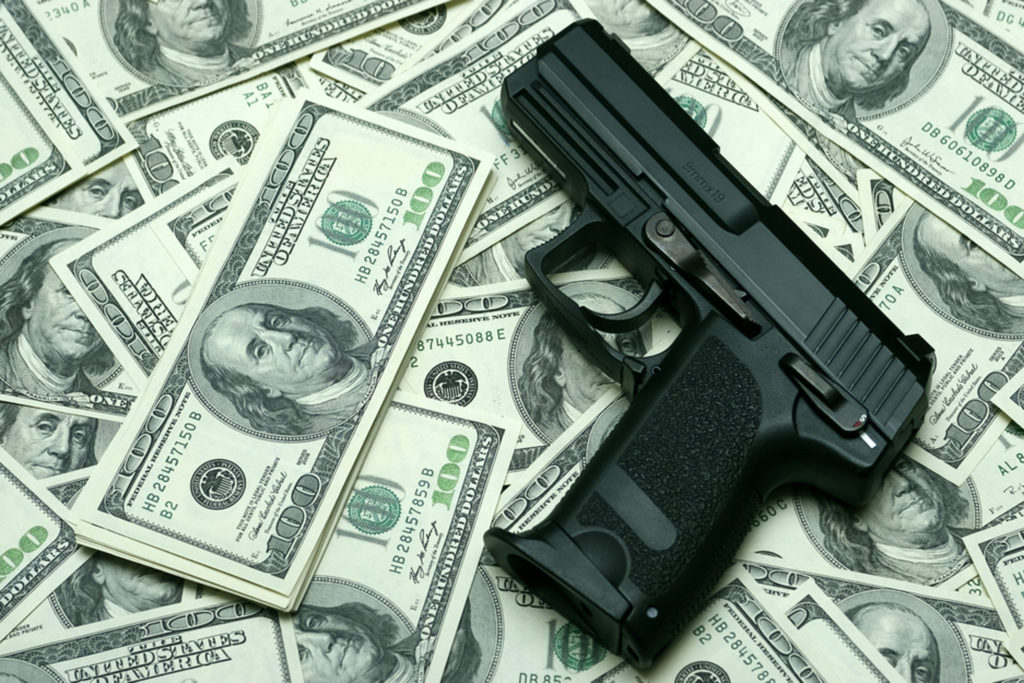
Shmuel Levin
In 2007, Mustafa Abu al-Yazid, al-Qaeda’s finance chief, released a propaganda video “arguing that the primary need for jihad in Afghanistan was financial”. Intelligence had successfully blocked several of al-Qaeda’s major donors and financing methods, and Yazid lamented that “there are hundreds wishing to carry out martyrdom-seeking operations, but they can’t find the funds to equip themselves.”
As terrorism finacing expert Matthew Levitt noted in 2008, stopping financing can be a key part of the counter-terrorism toolbox:
While following the money will not stop all plots, it can disrupt terrorist activity and complicate the efforts of logistical and financial support networks. At a minimum, it makes it harder for terrorists to travel, procure materials, provide for their families, and radicalize others.
The relationship between terrorism and finance is often overlooked and there is only limited data available surrounding this topic in the public arena. However, it is something that government agencies are generally very aware of.
A number of recent stories highlight the importance of terrorism finance, and efforts to counter it.
A new book co-authored by Nitsana Darshan-Leitner and Samuel M. Katz reveals that Israeli security services have made terror finance a major part of their counterterrorism efforts for more than 15 years under the codename “Operation Harpoon”.
This operation is the branchild of the late Mossad head Meir Dagan, dating back as far as 2001:
Israel’s Operation Harpoon, carried out by a range of Mossad, Shin Bet and other operatives, was revolutionary in that it was “not just about following the money, but about destroying terrorists’ money networks.”
With his close relationship with then-prime minister Ariel Sharon, his ingenuity and singular will power, Dagan, who later became Mossad chief, turned Harpoon into an operation that dealt Hezbollah, Hamas, Fatah’s Yasser Arafat and other terrorist groups major blows.
One fascinating revelation from the book is the profound effect that pursuing terrorism finance had during Operation Protective Edge in Gaza in 2014.
According to the authors, the war ended “not because of attacks on Hamas’s fighters, but by incinerating the Hamas finance minister’s millions of dollars in cash for salaries he was delivering to suicide terrorists.”
According to an account from the book published in the Jerusalem Post:
Israeli intelligence “had learned that the elite of the Hamas force… were rumbling to their wives and families over not being paid… their salaries in weeks. Their anger was close to undermining the entire military campaign… The lack of money meant that the families of the fighters couldn’t buy food and clothing… Hamas leaders warned of insurrection. Calls were made for an emergency delivery of dollars.”
On August 23, 2014, Israel’s intelligence services picked up the trail of a man in his 20s traveling across Sinai with $13 million in cash packed inside four large leather suitcases.
He eventually arrived at “a tunnel, well illuminated and ventilated [that] had been dug underneath the safe house… At just before dawn, the envoy sent a brief SMS message to his patrons… waiting for the money on the Gaza side of the tunnel… The text consisted of a code word indicating that the courier was coming across; the phone… was destroyed immediately after the message was sent,” the authors recount.
After an hour, when the man was almost across the tunnel and “a smile came over his face. The cash had been delivered. His mission was over… A black Mercedes… was waiting for the luggage. Inside the car was Mohammed el-Ghoul, Hamas’s head of payroll.” He connected Hamas with the Iranian Revolutionary Guard, Qatar and the various Gulf Arab states – and sources of money generally.
The celebration was interrupted by an Israel Air Force AH-64D Longbow attack helicopter that, with the push of a button, sent a single AGM-114 Hellfire antitank missile slamming into Ghoul’s Chinese-made car.
“The sedan evaporated into a fireball and a cloud of black smoke… the skies turned green as a storm of singed $100 bills cascaded onto the dusty streets of Gaza City…. The payroll’s incineration was a major blow to Hamas. Without the cash they could not maintain the struggle. Hamas asked for a cease-fire,” says the book.
The Gaza war ended 48 hours later.
A more recent example of this was reported in August when Israel seized over NIS 130,000 (approximately AUD$50,000) that was being transferred to the families of terrorists in Jerusalem.
According to Israel’s intelligence service, Hamas activists had been providing “financial backing and support for families of terrorists, including Hassan Mahani from the Beit Hanina neighborhood, the father of one of the teenage perpetrators of October 2015 stabbing attack in the Pisgat Ze’ev neighbourhood” which seriously wounded two Israelis, and the mother of Tareq Abu Arfa from Ras el-Amud who was involved in the 1994 kidnapping and murder of Golani Brigade Sgt. Nachshon Wachsman”.
Israel Police also stressed that this operation came “as a direct continuation of one carried out in February, in which terrorists’ home were raided and some NIS 200,000 were confiscated along with two vehicles, a truck and jewellery”.
The links between terrorism and finance are of course not limited to Israel.
Since the attacks of September 11, the US intelligence community has also begun “going after terrorism financing as a long-term strategic problem and not a mere short-term tactical issue”.
In the ongoing conflict with ISIS, intelligence data “gleaned by finance ministries and shared with the US military and US law enforcement agencies, have helped identify financial targets for” military strikes on oil infrastructure and cash depots.
Closer to home, terror finance also remains an ongoing concern within the Asia-Pacific region.
According to a new joint study by Indonesia’s National Counterterrorism Agency, State Intelligence Agency, and Financial Transaction Reports and Analysis Centre (PPATK), terrorism is now increasingly being financed through social media and messaging apps, such as Whatsapp, and it increasingly involves digital currency services, such as Bitcoin and Paypal. Social media appeals to terrorists because it is “practical, easy and borderless”.
The downside of social media is that most donations are small, ranging from US$100-$1,000″. However, terrorist groups have been forced to rely on social media donations because larger funding sources have been cut off.
For example, the Southeast Asian terrorist group, Jemaah Islamiyah, (responsible for the 2002 Bali bombing), had previously relied on “a network of charities to siphon funds for militant operations. Those charities fell under scrutiny by security forces and more or less dried up as a funding source,” according to Zachary Abuza, a professor at the National War College in Washington.
As described by the South China Morning Post, “for their part, tech companies such as Facebook, Twitter, Microsoft, and YouTube have teamed up since December last year to curb the spread of radical content. The companies created a shared industry database of unique digital “fingerprints,” or so-called “hashes”, for terrorism-related images and videos”.
At the same time, going after social media websites also raises important questions around freedom of speech. For example, in July, the Indonesian communications ministry temporarily blocked web-access to Telegram, until the company’s CEO Pavel Durov “pledged to help the ministry close down radical chat groups”.
Yet, while the fine details of terrorism finance continue to be worked out, it remains an essential and often overlooked part of the larger counterterrorism picture.
Image source: The Daily Beast
Tags: Indonesia, International Security

